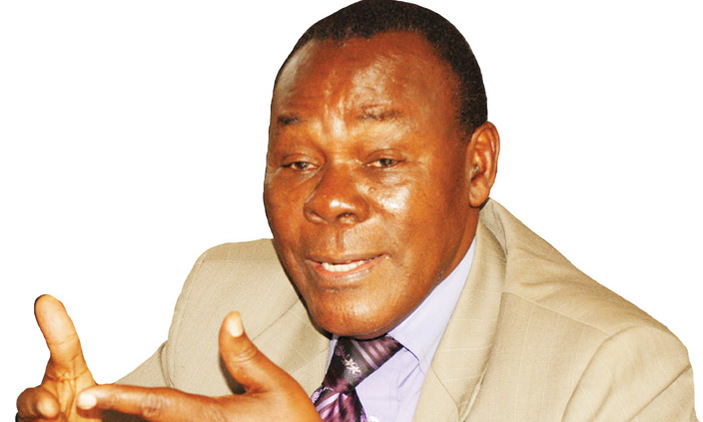The former Minister of State for Finance, Planning and Economic Development (investments), Prof Matia Semakula – Kiwanuka, has praised the former president of Uganda Dr Apollo Milton Obote for what he said running an effective government.
“Obote’s government was visible,” he said, adding that government policies during the Obote regime were effectively implemented.
Prof Kiwanuka made the remarks yesterday during the 9th National Competitive Forum organised by the Ministry of Finance’s Directorate of Economic Affairs (DEA) to engage with the private sector, the civil society, academia and development partners on matters affecting Uganda’s business environment and drivers of enterprise growth and competitiveness.
The former minister said the current government has good policy documents in place, but the challenge, he said, it is not implementing them to boost various sectors of the economy. He said that unless government develops and implements appropriate policies, Uganda will find it difficult to move from the first industrial revolution characterised by subsistence agriculture.
Contributing to the debate, the former Minister of Agriculture Victoria Sekitoleko said Uganda’s problem is the problem of irrelevant education that does not meet the demand of the job market. She said government can address that challenge by prioritising agriculture as well as vocation and business education starting with the nursery school level.
Sekitoleko also urged government to train staff and politicians in districts on business matters, saying currently commercial officers are not doing enough to boost business enterprises in their localities.
However Elly Karuhanga, Chairman Uganda Chamber of Mines and Petroleum argued that there is need to rethink the whole of government’s organizational structure if the country is to move forward in business readiness. He said that compared to the Kenyan Cabinet which has a considerable number of businessmen, the Ugandan Cabinet is mostly full of politicians who don’t understand how business is run and that this is a disadvantage to the development of an entrepreneurial class in Uganda.
Karuhanga also added that parliament is full of politicians and that there is too much fear within the public services which discourages some technocrats to make right policy decisions that can help the country prosper in business. “With fear no one is able to take a decision,” he said, adding that some technical staff have to wait for their superiors such as ministers or the president to take a decision they should have taken and that this consumes time and kills business.
He said that because many government agencies involved in Uganda’s oil and gas sector, there is delay in making decisions and that with such kind of arrangement where there is the Ministry of Energy, the Attorney General, Uganda Petroleum Authority and the National Oil Company, it is unlikely that the country will drill oil by 2020 as scheduled by government.
The former Chairman of the National Planning Authority (NPA) and also a former minister in Museveni’s government, Prof. Wilberforce Kisamba Mugerwa said that currently Uganda lacks efficient institutions with patriotic workers and that this challenge should be addressed especially to ensure that there is coordination with government departments. “The challenge we have is that each department wants to shine alone,” he said.
The delegates at the forum ended by listing recommendations that help boost entrepreneurship and business in Uganda. They include; harmonization of service delivery across government agencies, empowering higher and lower governments with financial literacy and technical skills to deliver results and need to address micro lives issues related to competitiveness, among others.





